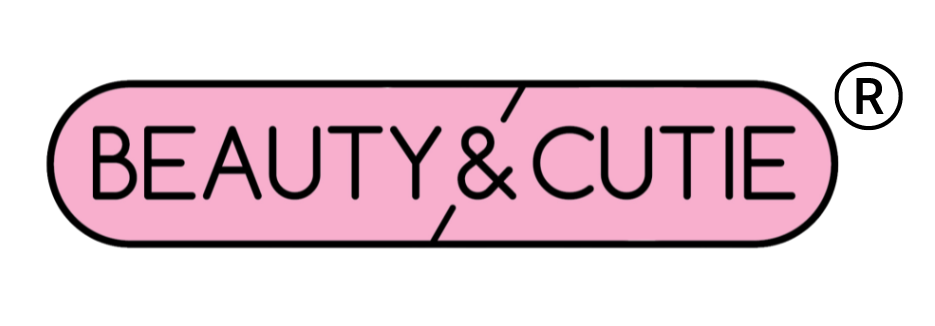
WHAT IS L-PROLINE?
Proline is an amino acid and an important building block of many different proteins1. It is recognized as a non-essential amino acid2, meaning that under normal circumstances our bodies can produce it in adequate levels for proper nutrition and health. However, in children the synthesis of proline is insufficient and thus in this age group it is still considered an essential amino acid. Good sources of dietary proline include:
- Gelatin
- Dairy products
- Meat
- Fish
Note that these sources are not conducive to vegetarian or vegan diets, so those individuals who abide these foods should be particularly careful, and especially if they are pregnant, already lactating, or considering conception in the near future.
In addition to being an important constituent of proteins, proline is also a member of a group of amino acids collectively known as functional amino acids. Amino acids in this group regulate important metabolic pathways to help maintain our general health, immunity, growth, lactation, and reproduction3. For example, proline is a major amino acid contributor for the synthesis of polyamines, which are important regulators of DNA and protein synthesis in the small intestine and placenta, and as such are important factors in fetal and neonatal nutrition4.

Beauty & Cutie
Proline is an important constituent of hair keratins, the proteins, which give your hair its mechanical strength, flexibility and durability

WHY IS L-PROLINE IN MY PRODUCT?
Not only is proline an important constituent of many different proteins, including collagen where it makes up one-third of all the constituent amino acids in this protein5, but also the requirement for proline for protein synthesis for our entire body is the highest amongst all amino acids5 on a per-gram basis.
Apart from its significant effect in collagen synthesis, proline is an important contributor to our body’s ability6 to produce another important amino acid – glycine. Dietary intake can only account for about 20% of our daily need for glycine, which is extremely important for heme production7 (heme is a precursor to hemoglobin and is necessary for oxygen binding in the bloodstream) as well as its anti-oxidant properties. Glycine is also a rate limiting component in the production of glutathione8, another powerful antioxidant.
There is also growing evidence on the positive effect of proline (and it’s metabolites) on immune function, and in particular against intestinal infections in neonates9 and it’s participation in the killing of bacteria in the mammary glands10.
WHAT IS THE ROLE OF L-PROLINE FOR HAIR, SKIN AND NAILS?
Owing to its importance in the formation of collagen, proline has a significant impact on the health of our skin. For example, a topically applied proline based compound was observed to have a significant effect on reduction of wrinkles11 and improvement of skin roughness in a group of 64 women compared to a second group of 62 women who received a placebo. The importance of proline in the skin was also demonstrated where the proline content of the skin was measured directly by a chemical spectroscopy imaging method12 (Raman spectroscopy) on the forearms of young (20-30 years old) and older volunteers (55-75 years old).

The amount of proline and hydroxyproline content in the skin was observed to be greater in the younger volunteers and associated with less exposure to UV radiation and hence diminished production of ROS. On the other hand, the Raman spectroscopy signatures for proline and hydroxyproline are reduced in the older group’s skin, representing a degradation of collagen and an association with more wrinkles. These results are supported13 by a similar Raman spectroscopy imaging study, where it was observed that photoaging causes a decrease in collagen stability by reduction of proline and hydroxyproline contents of the skin. Restoration of collagen14 in UV radiation damaged skin was also observed with supplementation of proline in combination with other essential amino acids, while neither by themselves were shown to have a significant effect.
In another skin related study, peptides prepared from proline administered orally to mice were determined to significantly decrease sagging skin15, repaired collagen fibres and increased collagen content in solely chronologically aged skin (no UV damage). In addition to these positive observations, improved antioxidative enzyme activities in skin were also noted.
Proline has also been found to be an important constituent of hair keratins16, the proteins which give your hair its mechanical strength, flexibility and durability17.
To summarize, proline is a significant contributor to collagen synthesis and the studies we have highlighted demonstrate the beneficial effect it can have on both aging and UV radiation damaged skin. It is also an important for our immune response, especially in neonates and thus adequate dietary intake is important for pregnant and lactating women. As dietary sources of proline are not vegetarian friendly, those abiding by vegan or vegetarian diets should monitor their proline ingestion, even though it can be synthesized by our bodies alone.
To summarize, proline is a significant contributor to collagen synthesis and the studies we have highlighted demonstrate the beneficial effect it can have on both aging and UV radiation damaged skin. It is also an important for our immune response, especially in neonates and thus adequate dietary intake is important for pregnant and lactating women. As dietary sources of proline are not vegetarian friendly, those abiding by vegan or vegetarian diets should monitor their proline ingestion, even though it can be synthesized by our bodies alone.
References:
- https://pubchem.ncbi.nlm.nih.gov/compound/Proline
- https://pubmed.ncbi.nlm.nih.gov/19301095/
- https://pubmed.ncbi.nlm.nih.gov/23595206/
- https://pubmed.ncbi.nlm.nih.gov/20697752/
- https://www.ncbi.nlm.nih.gov/pmc/articles/PMC3773366/
- https://pubmed.ncbi.nlm.nih.gov/32072297/
- https://pubmed.ncbi.nlm.nih.gov/28934858/
- https://pubmed.ncbi.nlm.nih.gov/29559876/
- https://pubmed.ncbi.nlm.nih.gov/19301095/
- https://pubmed.ncbi.nlm.nih.gov/11907037/
- https://pubmed.ncbi.nlm.nih.gov/23568622/
- https://pubmed.ncbi.nlm.nih.gov/33095927/
- https://pubmed.ncbi.nlm.nih.gov/30402919/
- https://pubmed.ncbi.nlm.nih.gov/21861170/
- https://pubmed.ncbi.nlm.nih.gov/29099747/
- https://pubmed.ncbi.nlm.nih.gov/22215855/
- https://pubmed.ncbi.nlm.nih.gov/32445814/
